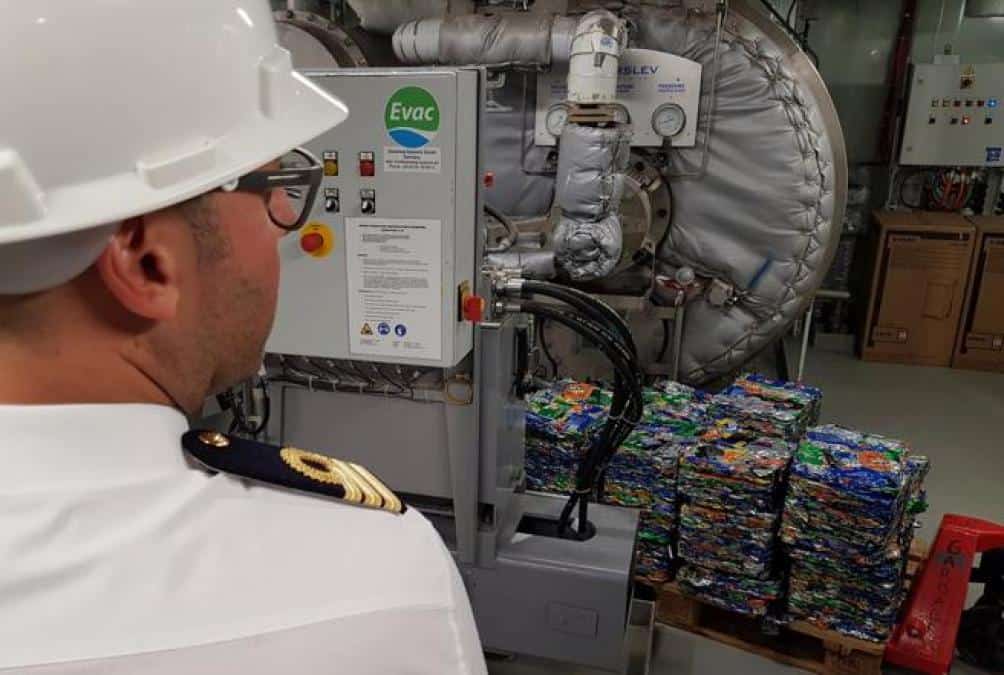
The cruise industry is undergoing a significant environmental transformation, driven by a growing awareness of the importance of sustainability and the need to reduce its environmental footprint.
The Spanish division of the Cruise Lines International Association (CLIA) has partnered with MSC Cruises to present advances in sustainability in a sector that has been under scrutiny in several European ports, including Barcelona, due to the large number of cruise calls.
Port of Barcelona: second port in Spain to receive more cruise ships in 2023
The cruise industry’s commitment to sustainability
CLIA Spain noted that the cruise industry is responsible for a small part of the emissions of nitrogen oxides (NOx) and particulate matter. However, it is important to note that these figures have declined steadily in recent years, with an average decrease of 10% every three years.
The data presented also highlighted the cruise industry’s commitment to sustainability in the Port of Barcelona. For example, 80% of the ships that call at Barcelona are self-supplied with water through desalination systems.
In addition, 77% of the current fleet is equipped with advanced wastewater treatment systems that meet the standards of the best onshore facilities.
MSC World Europe at a glance
The presentation of these developments took place on board the MSC World Europa, an MSC Cruises ship that calls at the port of Barcelona. This 333-meter ship is one of the pride of the MSC Cruises fleet and stands out for its commitment to sustainability.
MSC World Europe has the ability to connect to the ports’ electrical grid during calls, allowing it to shut down its engines and reduce emissions. It uses Liquefied Natural Gas (LNG) as fuel, which is a less polluting option compared to traditional fuel oil.
However, the company is exploring new energy sources to power its engines, such as solid oxide fuel cells, which offer a cleaner alternative.
For its part, MSC Cruises stressed the importance of a holistic approach to sustainability. He noted that the company works in collaboration with a variety of external partners to develop sustainable projects and initiatives.
New rules in Barcelona: more expensive tourist tax and surcharge on short-stay cruise ships
In addition to propulsion and fuel improvements, MSC World Europe incorporates advanced technologies to control emissions, reduces hull drag through antifouling coatings, and employs advanced systems for waste management and wastewater treatment.
Shipping lines are exploring a variety of energy sources, including engines that can run on different types of fuels. In addition, wind technologies such as sails, photovoltaic solutions and energy-saving batteries are being tested.



